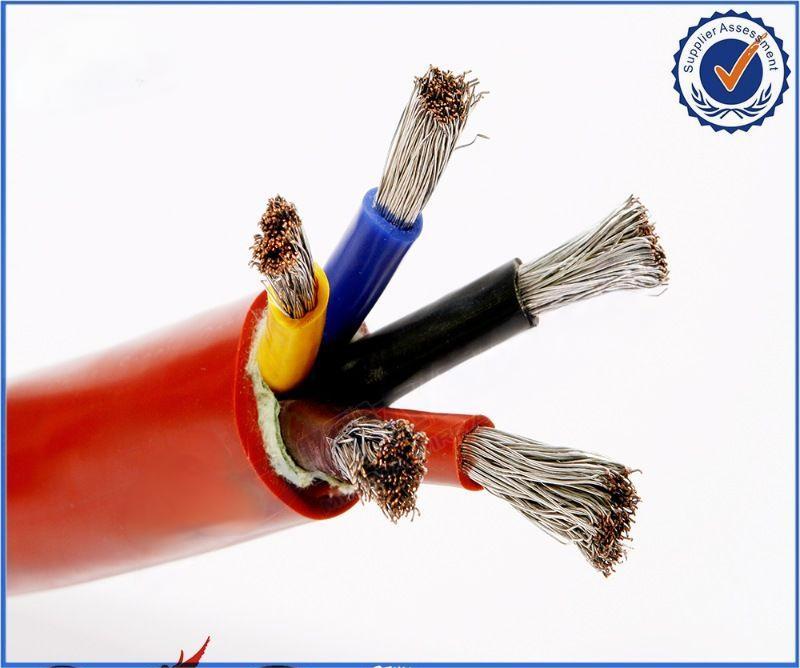Desemba . 26, 2024 08:26 Back to list
cast steel check valve
The Importance of Cast Steel Check Valves in Modern Industrial Applications
In the world of industrial manufacturing, the efficiency and safety of fluid control systems are paramount. One of the key components used in these systems is the check valve, specifically the cast steel check valve. Cast steel check valves play a crucial role in preventing backflow in pipelines, ensuring that fluids flow in one direction and maintaining the integrity of the system. Their robust design and reliable performance make them an essential choice for various applications across multiple industries.
What is a Cast Steel Check Valve?
A cast steel check valve is a type of valve that allows fluid to flow in one direction while preventing it from flowing backward. It is made from cast steel, a material known for its strength and ability to withstand high pressure and temperature variations. The construction of these valves involves pouring molten steel into a mold, which is then cooled to form a solid structure. This manufacturing process results in a product that is not only durable but also resistant to corrosion, making it suitable for rigorous industrial environments.
Advantages of Cast Steel Check Valves
1. Durability and Strength Cast steel check valves are designed to endure extreme conditions, including high pressure and temperature, making them ideal for heavy-duty applications such as oil and gas, water treatment, and chemical processing. Their robust structure ensures a long service life, reducing the need for frequent replacements.
2. Resistance to Corrosion The inherent properties of cast steel provide resistance against various corrosive substances. This feature is especially important in industries where fluids may contain aggressive chemicals that could damage less resilient materials.
3. Reduced Maintenance Needs Due to their sturdy construction and reliable performance, cast steel check valves often require less maintenance compared to other types of valves. This translates to lower operational costs and minimized downtime for facilities, which is crucial for maintaining productivity.
4. Variety of Designs Cast steel check valves are available in various designs, including swing, lift, and dual disc. This versatility allows engineers to select the appropriate style based on specific system requirements, ensuring optimal performance.
cast steel check valve

Applications of Cast Steel Check Valves
The versatility and reliability of cast steel check valves have led to their widespread use in various industries. Key applications include
- Oil and Gas In the oil and gas sector, these valves prevent the backflow of crude oil or gas, ensuring safety and efficiency in transportation and refining processes.
- Water Treatment Cast steel check valves are utilized in water treatment plants to manage flow and protect against reverse flow, which could compromise the quality of treated water.
- Chemical Processing The chemical industry often deals with aggressive fluids, making the corrosion resistance of cast steel check valves essential to maintain system integrity.
- Power Generation In power plants, these valves help control the flow of steam and water, preventing backflow that can lead to equipment damage or operational inefficiencies.
Conclusion
Cast steel check valves are an indispensable component in modern fluid control systems, providing a combination of durability, reliability, and flexibility. Their ability to withstand extreme conditions while preventing backflow makes them a top choice for a wide range of industrial applications. As industries continue to evolve and face new challenges, the importance of utilizing high-quality components like cast steel check valves will remain crucial in enhancing operational efficiency and ensuring safety in fluid systems.
Share
-
Reliable Wafer Type Butterfly Valves for Every IndustryNewsJul.25,2025
-
Reliable Flow Control Begins with the Right Ball Check ValveNewsJul.25,2025
-
Precision Flow Control Starts with Quality ValvesNewsJul.25,2025
-
Industrial Flow Control ReliabilityNewsJul.25,2025
-
Engineered for Efficiency Gate Valves That Power Industrial PerformanceNewsJul.25,2025
-
Empowering Infrastructure Through Quality ManufacturingNewsJul.25,2025